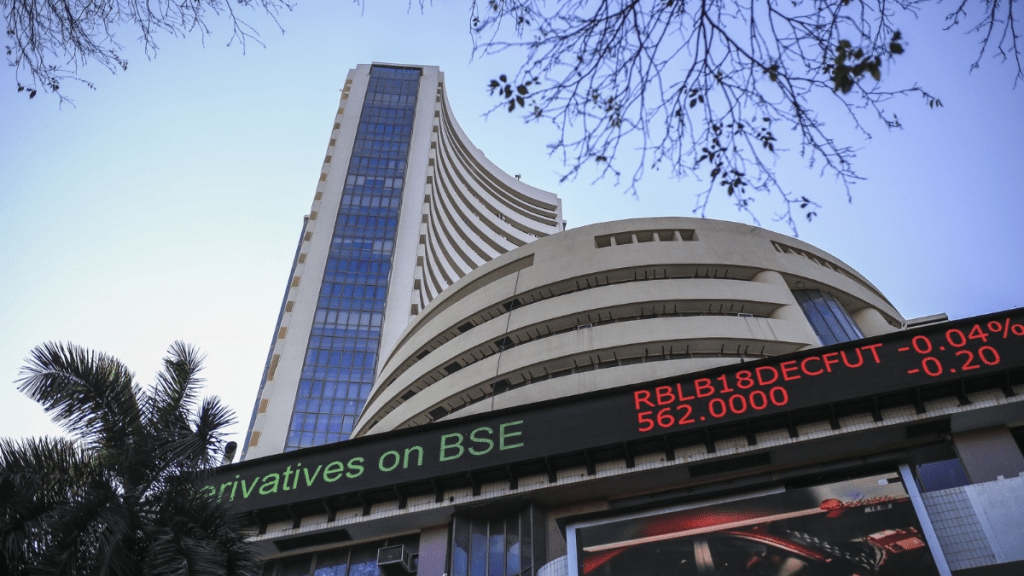The Maharashtra Legislative Assembly elections have consistently influenced market movements, with indices like Nifty 50 and Sensex reflecting broader economic and investor sentiment over time. Here’s a detailed breakdown of their performance over the last four election cycles, spanning two decades.
2004 to 2009: A period of exceptional growth
Nifty 50 Yield: 165.43%
Sensex Yield: 197.04%
Between October 13, 2004, and October 13, 2009, both Nifty and Sensex witnessed extraordinary growth. Nifty yielded a remarkable 165.43%, while Sensex surged by 197.04%.
This period was marked by rapid economic expansion, a surge in foreign institutional investments, and India’s integration into the global economy, driving significant market optimism.
2009 to 2014: Moderate growth amid global challenges
Nifty 50 Yield: 53%
Sensex Yield: 59.75%
From October 13, 2009, to October 15, 2014, the pace of growth moderated. Nifty gained 53%, and Sensex climbed by 59.75%. This period was shaped by recovery from the global financial crisis of 2008, which tempered growth momentum.

While the markets remained volatile due to concerns over inflation and fiscal deficits, domestic demand and policy measures provided stability.
2014 to 2019: Reform-driven market momentum
Nifty 50 Yield: 45.31%
Sensex Yield: 45.44%
The years between October 15, 2014, and October 21, 2019, reflected steady but slower growth, with Nifty and Sensex delivering yields of 45.31% and 45.44%, respectively.
The market benefited from reform-oriented governance, with major policy initiatives such as the Goods and Services Tax (GST), demonetization, and structural improvements to the business environment. However, the potential for higher growth was limited by global trade tensions and domestic economic challenges.
2019 to 2024: A Resilient Recovery Amid Uncertainty
Nifty 50 Yield: 119.85%
Sensex Yield: 93.62%
The period from October 21, 2019, to November 20, 2024, showcased a remarkable recovery despite challenges like the Covid-19 and geopolitical uncertainties. Nifty soared by 119.85%, and Sensex rose by 93.62%, reflecting a resilient and adaptable market.
The recovery was fueled by government stimulus, accommodative monetary policies, and robust corporate earnings, underscoring investor confidence in India’s long-term growth prospects.
Experts on Maharashtra Election Outlook
Commenting on the Maharashtra Election Outlook Anshul Jain, Head of Research at Lakshmishree investments said that technical indicators suggest the key support zone of 23,400-23,350 remains intact, with a potential bounce back to the 23,800 level on the horizon. Traders are advised to monitor geopolitical developments and exit poll outcomes closely as market volatility persists.
Jain also added that the market’s unease is anticipation of exit poll results. Investors remain cautious, fearing a potential negative reaction if the BJP-led alliance fails to secure a commanding lead. This nervousness prompted profit booking by weak long positions.
Commenting on the same, Atul Parakh, CEO of Bigul said that “The Nifty 50’s strong reversal from Thursday’s, which erased most of its intraday gains, reflects persistent concerns weighing on investor sentiment. While the index managed to close 0.28% higher at 23,518.50, breaking a seven-day losing streak, the sharp pullback in the final hour indicates continued selling pressure from institutional investors, particularly FPIs who have already offloaded Rs 23,913 crore worth of Indian equities this month.”
Infrastructure, Urban Development top sectors to watch after election results
The political environment in Maharashtra and the final results on November 23 will have limited impact on market sentiment, as per experts. The BJP-led ruling coalition appears well-positioned due to recently announced populist measures. From a market perspective, short-term volatility around the result declaration is expected, particularly in state-linked sectors like infrastructure, real estate, and PSU banks.
“The key aspect for investors to monitor will be the implementation and fiscal impact of pre-election promises, as an increasing trend of populist measures at the state level could signal a broader shift in economic policy approach. Sectors like infrastructure, urban development, and consumer discretionary may see heightened activity post-elections, while defensive sectors could outperform during the immediate result period,” added Parakh.
(Disclaimer: Views, recommendations, and opinions expressed are personal and do not reflect the official position or policy of Financial Express.com. Readers are advised to consult qualified financial advisors before making any investment decisions. Reproducing this content without permission is prohibited.)

